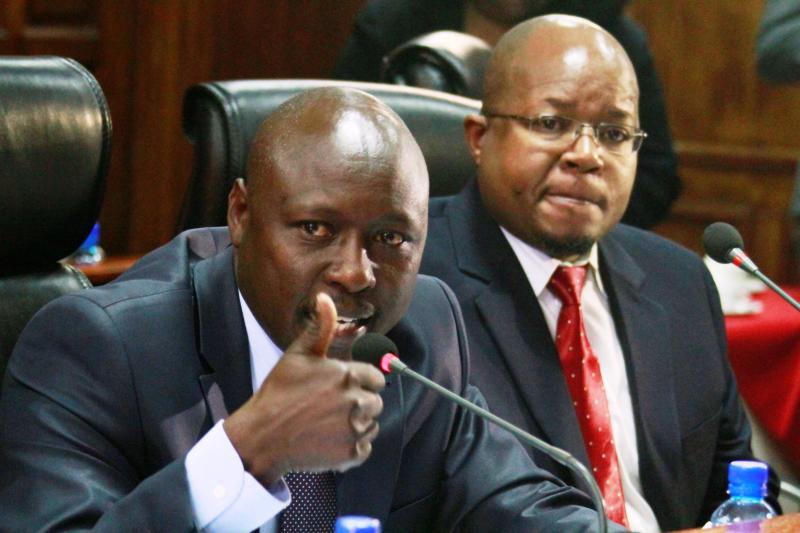×
The Standard e-Paper
Home To Bold Columnists

The Energy Regulatory Commission will continue overseeing the retail petroleum sector, fending off attempts to hive off its powers to regulate the transportation, storage, and sale of refined products in Kenya.
Some lawmakers and civil society groups had proposed that a new regulator oversee the retail petroleum business as well as the fledgling oil and gas sector.